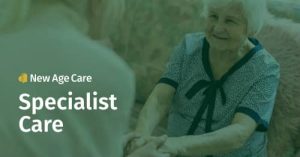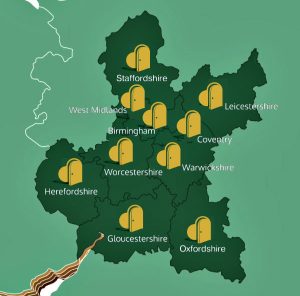Winter can be a difficult season for the elderly. With low temperatures, wet and icy conditions and less daylight, many older people become housebound leading to, not only physical, but also mental health problems. Seasonal Affective Disorder (SAD) is one condition to keep an eye out for during the winter season.
What is SAD?
SAD is a type of depression that happens at particular times of the year or seasons. For most people this occurs in Autumn/ winter but for some Summer can be a trigger. While SAD can affect people of any age, it can be particularly hard for the elderly.
What are the symptoms
The symptoms of SAD are similar to those of depression and can include:
- A persistently low mood
- Lack of interest and enjoyment in your usual activities
- Feeling sad, helpless, worthless or guilty
- Feeling irritable
- Lacking energy
- Struggling to concentrate
- Sleeping problems. Sleeping more or less than usual.
- Difficulty getting up in the morning
- Eating more than usual
Things you can do
If you have mild symptoms of SAD then there are some things you can do try to boost your mood:
- Daily exposure to natural sunlight. Rug up and get out in the garden or go for a walk.
- Get regular exercise, outside if possible. Try a walk or if you’re more active, a game of golf or tennis.
- If you can’t get outside then try sitting near a window. This can be especially helpful on a sunny day.
- Eat a healthy and balanced diet and avoid foods that cause a spike in your mood
- Talk to family and friends about how you are feeling so they are aware and can try and help.
When to see a Doctor
Everyone is different, so if you find the above strategies don’t work, and you are struggling to cope, then make an appointment to see your GP.






